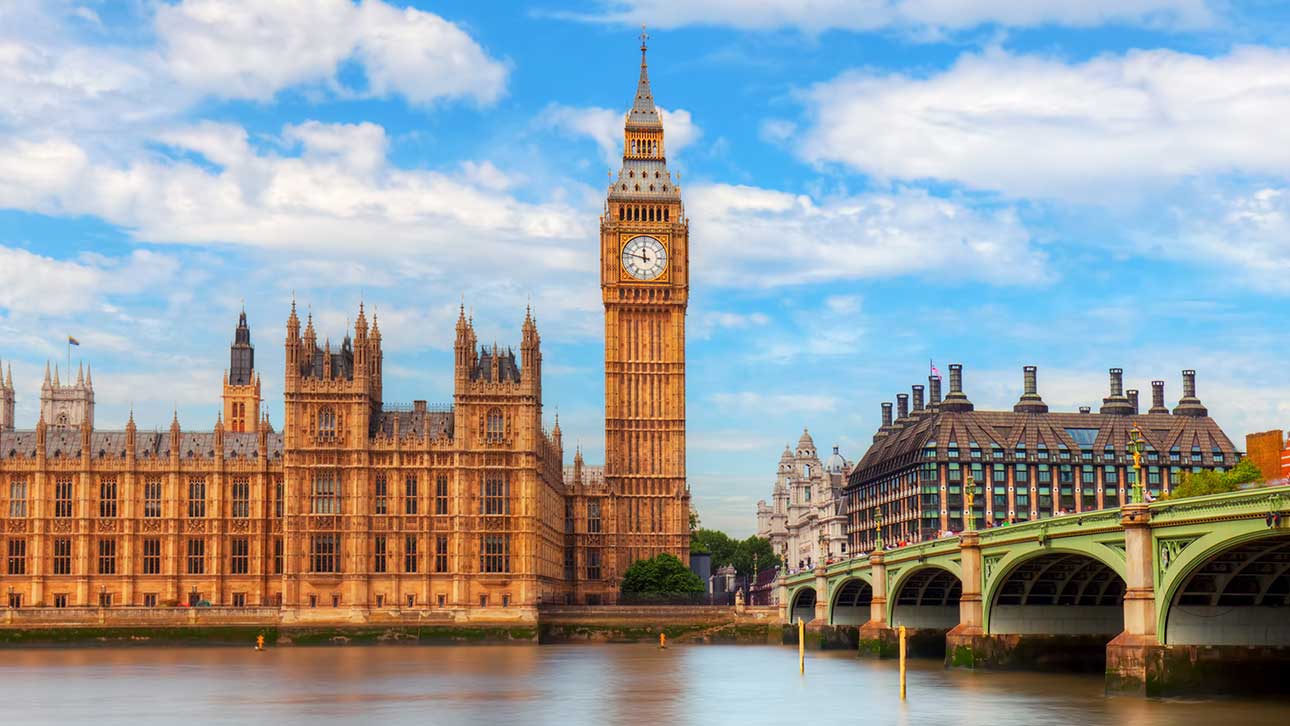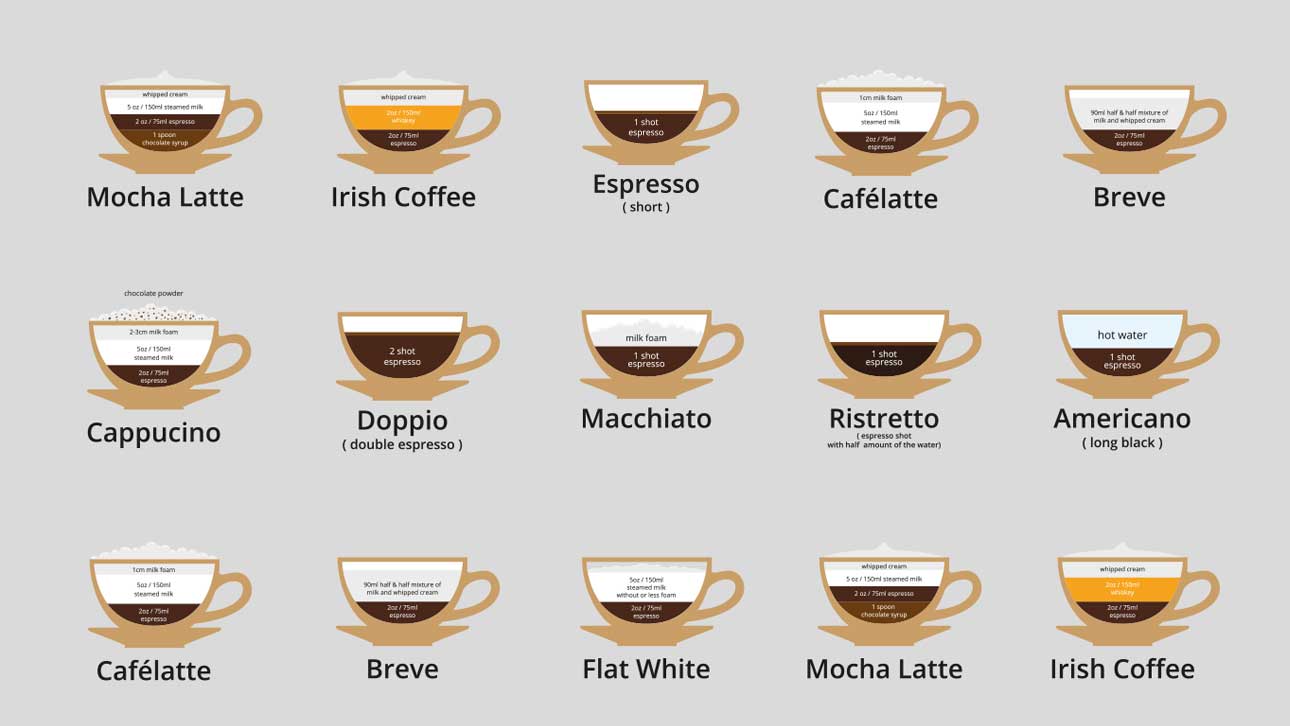
Europe is rolling out its biggest travel changes in decades. From new digital border systems to increased tourist taxes across major cities, your European adventure is about to look very different. Whether you're planning a quick getaway or a long stay, these changes will affect every international traveler heading to Europe. Keep reading as we break down all the major changes that will impact your European trip in 2025.
1. Digital Border Revolution: EES & ETSS
The biggest change to European travel in 2025 is the rollout of the new Entry Exit System (EES) and the European Travel Information and Authorization System (ETSS). Instead of showing your passport and getting traditional stamps, you'll now face digital scanners at borders, including facial recognition and fingerprint readers. This will help improve border security while making international travel smoother and faster. The system will track your entry and exit dates, making visa overstays almost impossible.
If you're from one of 60 visa-exempt countries, you’ll need to apply for the ETSS online, which costs €7. This approval lasts for 3 years or until your passport expires. This change is designed to streamline travel within the Schengen Area, enhancing security and enabling faster processing times for international tourists. Be sure to check your eligibility and apply ahead of your travel to avoid last-minute delays.
2. UK’s New Entry Rules: ETA
Starting January 8, 2025, the UK will introduce its own Electronic Travel Authorization (ETA), replacing traditional visa requirements for visitors from eligible countries. If you're from countries like the US, Canada, or Australia, you’ll need to get an ETA before boarding your flight. The ETA costs £10 (around $12.75) and is valid for multiple entries over 2 years, with stays of up to 6 months each. This will significantly streamline entry into the UK, reducing wait times at airports and enhancing overall travel efficiency.
As of April 2, 2025, even EU citizens will need an ETA to enter the UK. The ETA is electronically linked to your passport, which means quicker verification at check-in and immigration control. This system aims to modernize the UK’s border control and make travel more seamless for international visitors.
3. Schengen Zone Expansion
In 2025, the Schengen Zone will expand to include Bulgaria and Romania. This means no more border checks between these countries and other Schengen members. Traveling by road will become much easier—imagine a road trip from Vienna through Budapest, Romania’s Transylvania, and Bulgaria’s Black Sea coast without a single stop at the border. This expansion is expected to enhance tourism, open up more flight routes, and offer more direct travel options for road trippers, tourists, and local businesses alike.
This shift also opens new opportunities for European countries to foster economic growth through increased connectivity. Expect smoother transport routes and the ability to cross borders more freely. The inclusion of these countries into the Schengen Area will also contribute to greater cultural exchange and cooperation across Europe, making 2025 a pivotal year for European travel.
4. Tourist Tax Changes Across Europe
Tourist taxes are getting a major overhaul across Europe, with several cities and regions increasing their fees to help manage over-tourism and fund infrastructure. Cities like Venice, which is already one of Europe's most popular tourist destinations, will introduce a dynamic pricing system for day visitors starting in April 2025. The new pricing system will charge visitors more if they arrive during peak tourist seasons, helping control the flow of travelers and ensure a more sustainable tourism model.
Other cities, such as Athens in Greece and Lisbon in Portugal, are also raising their tourist taxes. Greece, for example, is increasing its daily tax from €0.50 to €2, while Madeira will charge €3 for access to popular hiking trails. These changes are part of a larger effort to balance tourism growth with environmental and cultural preservation. As these fees continue to rise, it’s important for travelers to account for them when planning their budgets for European trips.
5. Golden Visa Program Updates
Greece is shaking up its Golden Visa program by offering a new pathway to residency through investments in approved startups. This change allows individuals to secure a residency visa by investing €250,000, provided the investment creates jobs and contributes to the local economy. This is a more sustainable approach than the previous real estate-based golden visa programs, which were criticized for inflating property prices.
On the other hand, Spain is reconsidering its golden visa program after a Senate veto, creating uncertainty in the market. This shift reflects broader trends across Europe to reassess investment-based immigration programs. As governments become more focused on sustainable growth and local integration, golden visa programs are adapting to reflect these priorities.
6. Residence Permit Changes in France
France is introducing new rules for anyone seeking long-term residency in the country. Starting in 2025, you’ll need to prove proficiency in the French language to obtain a multi-year residence permit. This policy applies to those seeking to stay in France for more than a year and is part of a broader effort to ensure better integration of immigrants into French society.
The new language requirements will mean that long-term residents must demonstrate fluency in French to better engage with their communities, participate in the job market, and integrate into everyday life. For a 10-year residence permit, you’ll need to show fluency in everyday French conversations, including in work and leisure settings. These changes reflect the French government’s commitment to fostering social cohesion and better integration of immigrants.
These are the six key changes you need to know about if you're planning a trip to Europe in 2025. Stay updated with these developments to ensure a smooth and enjoyable European adventure. Whether you're exploring historic cities, enjoying European cuisine, or embarking on a cultural journey, 2025 will be a year of significant transformations for travelers.
Did you enjoy this article?
If you love discovering inspiring stories and unique places, download our free app "Travel Inspiration Magazine" from Google Play! No annoying ads. No distractions. Just pure reading pleasure.
📲 Install from Google Play![Български [BG] Български [BG]](/media/mod_languages/images/bg_bg.gif)
![English [EN] English [EN]](/media/mod_languages/images/en_gb.gif)























